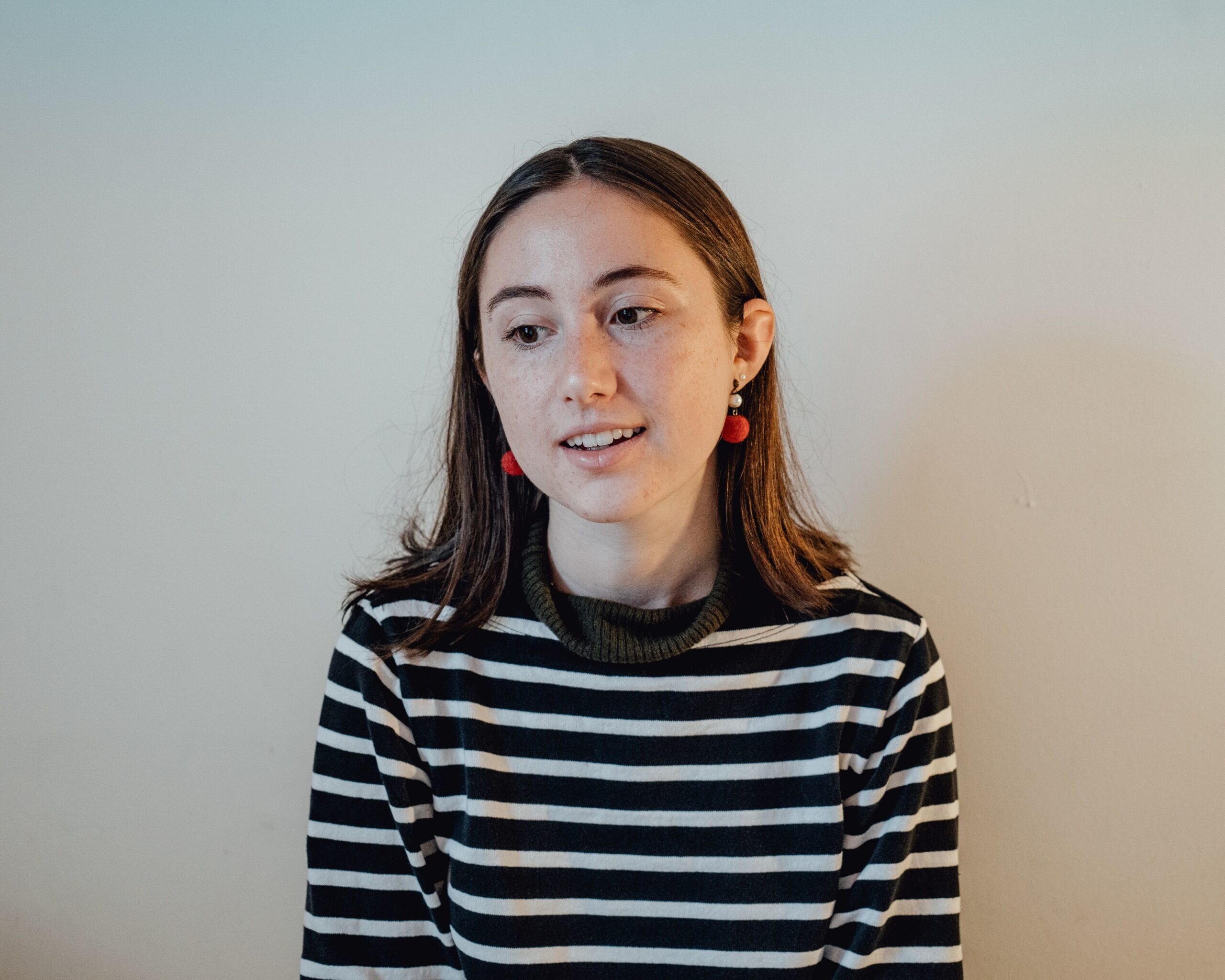New York singer-songwriter Wormy (aka Noah Rauchwerk) today has shared his new single “27 Days” the latest track from his forthcoming LP Shark River, out January 16th via Rose Garden. The textured, wintry track follows lead single “Give Up,” which was co-produced by Samia and Renny Conti–both of whom Rauchwerk is a touring drummer for. “I wrote this about a […]










